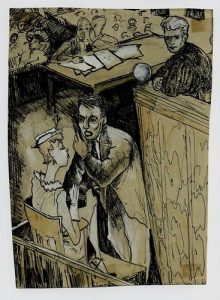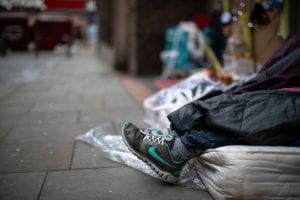by Gus Harrison, Judy Laing, Sheelagh McGuinness, and Patty Miranda
Setting the stage: six years of the BABEL project
The Wellcome-funded BABEL project at the University of Bristol has, for the last six years or so, been exploring best interests decision making for adults and children in England and Wales. The collaborative project started towards the end of 2018 and involved several different work strands with researchers based in the Centre for Health, Law, and Society (CHLS) and the Centre for Ethics in Medicine. The law work strand, based in the CHLS at the Law School, focused on best interests decision-making in law. The law research team – Judy Laing, Sheelagh McGuinness, and Aoife Finnerty—carried out empirical research with legal practitioners to find out their views about this branch of legal decision-making. The research findings are now being written up and will be published later this year, including in an edited book, to be published by Bristol University Press in 2026. (more…)



